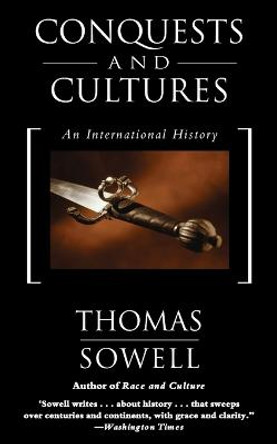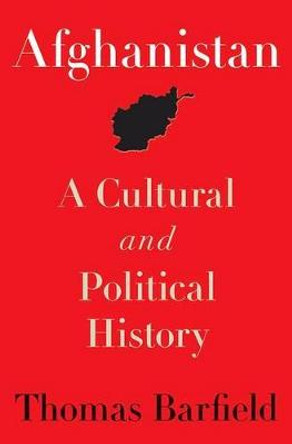Description
In this magisterial cultural and intellectual history, Thomas Bauer reconsiders classical and modern Islam by tracing differing attitudes toward ambiguity. Over a span of many centuries, he explores the tension between one strand that aspires to annihilate all uncertainties and establish absolute, uncontestable truths and another, competing tendency that looks for ways to live with ambiguity and accept complexity. Bauer ranges across cultural and linguistic ambiguities, considering premodern Islamic textual and cultural forms from law to Quranic exegesis to literary genres alongside attitudes toward religious minorities and foreigners. He emphasizes the relative absence of conflict between religious and secular discourses in classical Islamic culture, which stands in striking contrast to both present-day fundamentalism and much of European history. Bauer shows how Islam's encounter with the modern West and its demand for certainty helped bring about both Islamicist and secular liberal ideologies that in their own ways rejected ambiguity-and therefore also their own cultural traditions.
Awarded the prestigious Leibniz Prize, A Culture of Ambiguity not only reframes a vast range of Islamic history but also offers an interdisciplinary model for investigating the tolerance of ambiguity across cultures and eras.
About the Author
Thomas Bauer is professor and director of the Institute for Arabic and Islamic Studies at the University of Munster. He is the author of several acclaimed books in German.
Hinrich Biesterfeldt is a retired professor of Oriental philology and Islamic studies at Ruhr University Bochum.
Tricia Tunstall is an author, editor, and music educator.
Reviews
Both the non-specialist and the seasoned scholar will come away from this book rethinking at least part of what they thought they know about Islamic culture in its past and present incarnations. * TLS *
Thomas Bauer takes his audience on a delightfully opinionated and provocative journey through premodern Islamic cultural and intellectual history. His apt use of the theoretical lens of ambiguity will make readers look at both premodern and modern Islamic cultures-and beyond them at all cultural expressions-with new eyes. -- Ahmed El Shamsy, author of Rediscovering the Islamic Classics: How Editors and Print Culture Transformed an Intellectual Tradition
Thomas Bauer's A Culture of Ambiguity belongs to the rare class of books that can change our thinking about a whole era of history-here premodern Islam. It is highly innovative and offers new ways of understanding Arabic literature, from the Qur'an via Islamic law to the Arabian Nights. -- Frank Griffel, author of The Formation of Post-Classical Philosophy in Islam
In this wonderful book, Thomas Bauer offers a truly fresh history of how Islam was lived and interpreted before the nineteenth century. With a focus on 'ambiguity,' he tells a fascinating story well beyond hackneyed cliches of 'medieval' bigots and zealots. Elegantly written, often witty, and always erudite, this is an outstandingly enjoyable must-read for anyone interested in Islam. -- Konrad Hirschler, coeditor of The Damascus Fragments: Towards a History of the Qubbat al-khazna Corpus of Manuscripts and Documents
Bauer's alternative history, postmodern in vision and method, debunks the modernist narrative and repudiates all its teleological claims. It shows that the modernist solution to the human problem has its own flaws as the modernist utopia has its own deficits. * Muslim World Book Review *
An exciting and highly recommended publication for both students of Islam and members of the public with an interest in acquiring an informed, critical knowledge of Islam's complex history. * Journal of Arabic Literature *
Book Information
ISBN 9780231170659
Author Thomas Bauer
Format Paperback
Page Count 336
Imprint Columbia University Press
Publisher Columbia University Press










